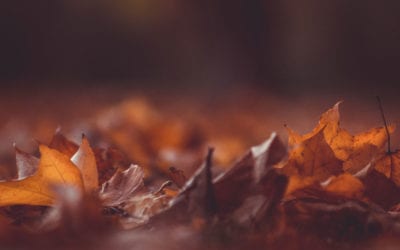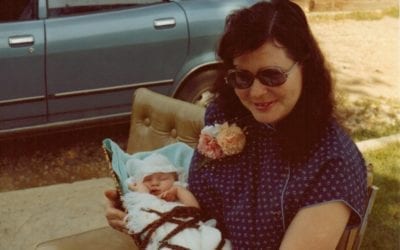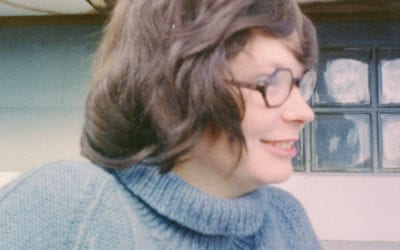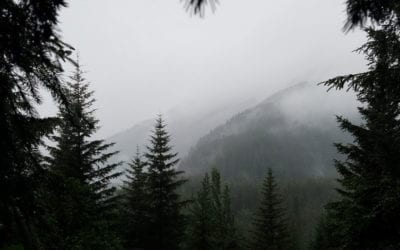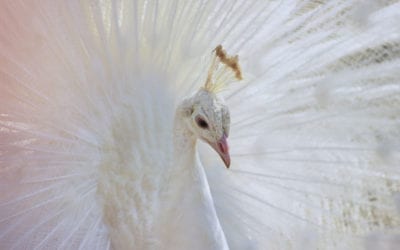I used to have a scar on my left hand that reminded me of my first Thanksgiving without my mother. I wonder now if I can even call it a scar, seeing as how it’s since faded past the point of detection—then again, we all know the most unassailable wounds are often those invisible to the eye. In any case, it was there and now it’s gone. Isn’t that the entire point?
Stories about mom
How the wild things grow
It is a different kind of motherhood to tend a garden, one that is probably more about nurturing yourself than a tiny creature. But as we each stretch further from our childhoods, grow like saplings toward the sun, so it becomes more important, and often more necessary, that we learn to provide ourselves with some parenthood as well.
Motherland
When I was 18, before I knew anything about publishing or pitching or rejection or acceptance, I tried to get something published that didn’t belong to me, but, rather, belonged to my mother. Years earlier, when I was only 8, she had written a poem that had become famous in my family.
Five years
She told me to never settle. She was frail then, but her voice was strong. She spoke of men, but I knew she meant everything. Don’t settle. Don’t wait. Do all the things.
In dreams
Last night I dreamt of my mother. She had been gone a long time.
“Can you stay?” I asked her. “I never get to see you.”
She didn’t answer, and instead pointed to my chest.
“Your heart is bigger than it was last time,” she said, more observation than offering. “But it still has room to grow.”
Don’t go gently
She told me I could do anything, and I believed her. She was strong, and her strength made me strong, too. Sometimes we were both so strong that we repelled like the wrong sides of magnets; but we always eventually latched, compelled by some unseen indelibility. Life without her is what I imagine life must be like for a magnet with nothing to hold onto, waiting, hoping for connection.
Projections
I was shuffling around, hunting and weeding, when I grabbed a tuft of unwanted sprouts and yanked, and a clod of dirt came flying out with them. In the bald spot that clod left behind, I could make out what looked like a smooth, flat piece of stone. I picked at the edges and found more stone, and then more, and before long I was hacking at the backyard, trying to excavate this covert, stony path.
The peacocks
Cait named one of them Charlemagne, though really they are all named Charlemagne. Ask me on a different day and I’ll tell you that’s only what we call the Albino one. The other two have yet to be named, because I cannot tell them apart.
